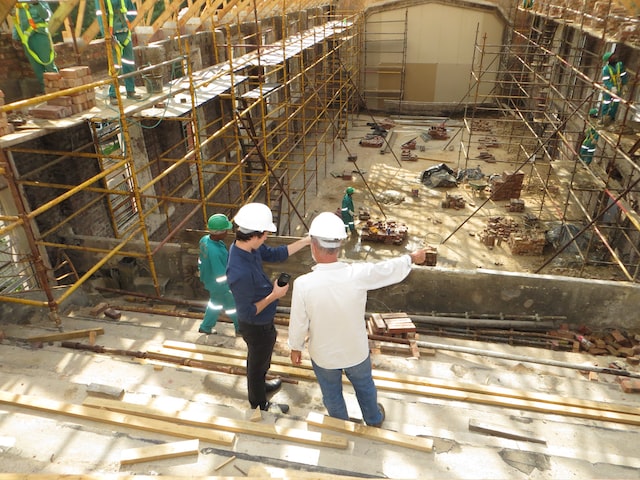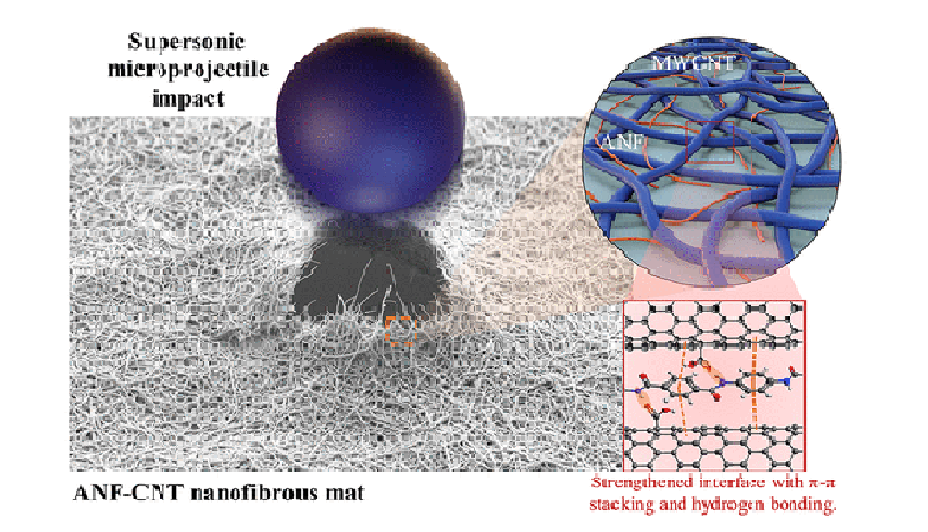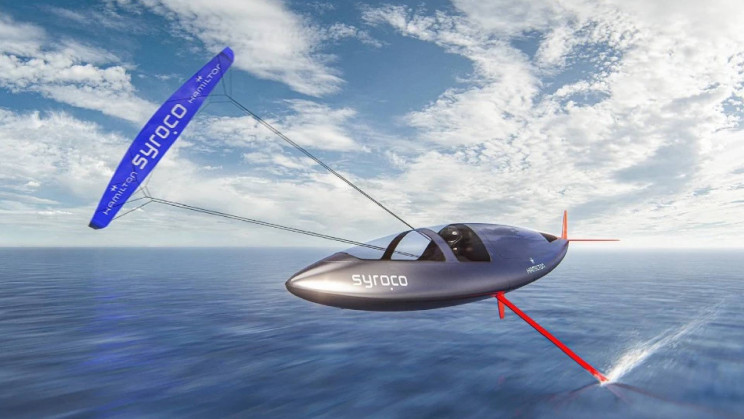IndustryTap has reported on the “Sahara Forest Project: Turning Deserts Into Forested Havens” and the push to turn Egyptian deserts into viable, livable spaces by turning salt water into fresh water. According to MIT, the world’s current desalination capacity, by countr,y is shown in the following graphic. Expanding this capacity will clearly depend on new technologies that deliver clean water efficiently and cheaply.
Now researchers in Egypt, led by Mona Naim of Alexandria University and colleagues, are touting a new type of desalination technology that doesn’t require electricity to produce fresh water from saltwater. By using plentiful heat found in Egypt’s natural environment, in some industrial processes, ie: natural gas facilities, and even fires lit in remote areas, a process can be initiated that cleans water.
In the process salt water is filtered using special membranes that remove larger particles after which the water is heated until it vaporizes and condenses. The clean water is then collected and can be used by people or for agriculture.
According to a paper announcing the breakthrough on IWA Publishing,
“an innovative polymeric membrane has been invented, which presents a breakthrough in the field of desalination membranes. It can desalinate simulated seawater of exceptionally high concentration to produce a high flux of potable water with over 99.7% salt rejection (%SR) in a once-through purge-air pervaporation (PV) process.”
According to Ahmed El-Shafei,Associate Professor of Agricultural and Biosystems Engineering in Alexandria University, “the membrane we fabricated can easily be made in any laboratory using cheap ingredients, which makes it an excellent option for developing countries.”
Researchers in this study compared the new technology to results obtained using reverse osmosis, the current most widely used desalination method in Egypt, finding that it is much better.





